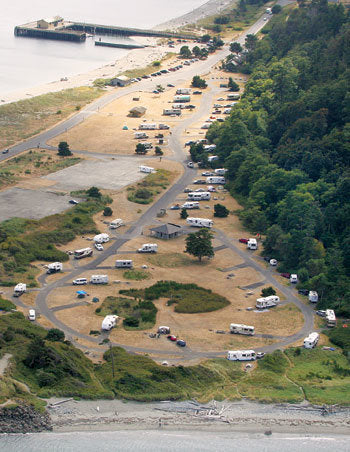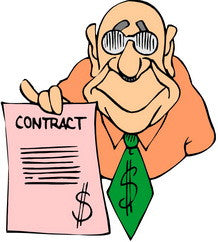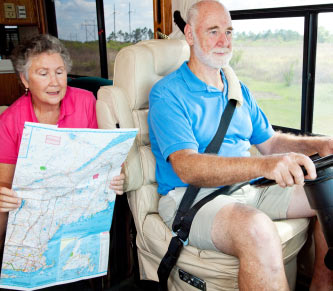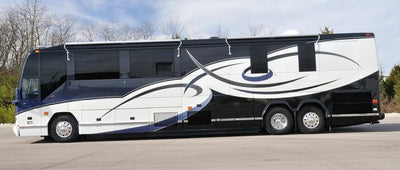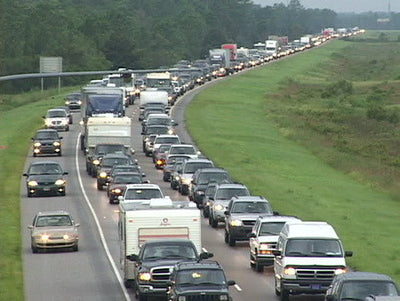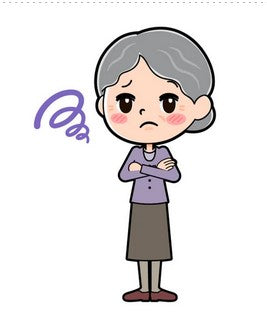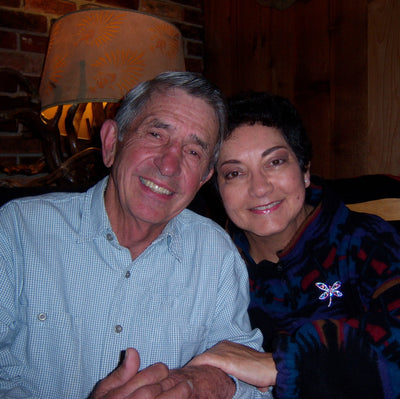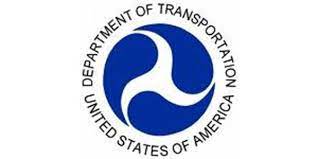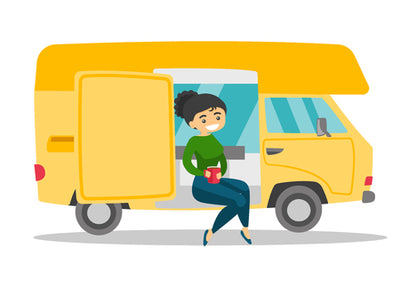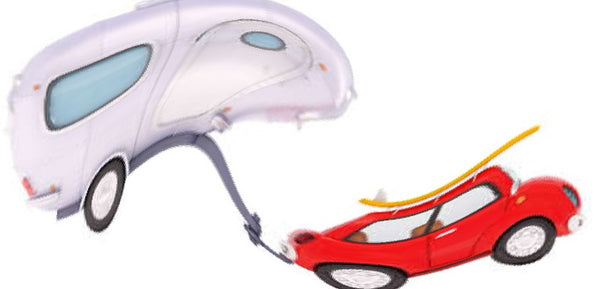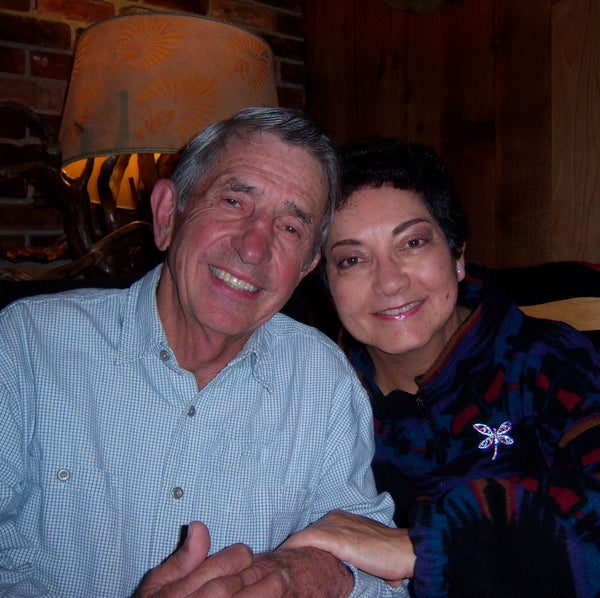- Home
- Books
- Brands Rated List ▾
- 2021 Motorhomes
- 2020 Motorhomes
- 2019 Motorhomes
- 2018 Motorhomes
- 2017 Motorhomes
- 2016 Motorhomes
- 2015 Motorhomes
- 2014 Motorhomes
- 2013 Motorhomes
- 2012 Motorhomes
- 2011 Motorhomes
- 2021 Towables
- 2020 Towables
- 2019 Towables
- 2018 Towables
- 2017 Towables
- 2016 Towables
- 2015 Towables
- 2014 Towables
- 2013 Towables
- 2012 Towables
- 2011 Towables
- 2010 Towables
- 2009 Towables
- 2008 Towables
- 2007 Towables
- 2006 Towables
- Donate
- FAQ - Publications
- Free News
- Recalls
- RV Types
- RV Checklist
- Women RVers/Writers/Warriors
- About Us
- Contact us
- Our Policy

